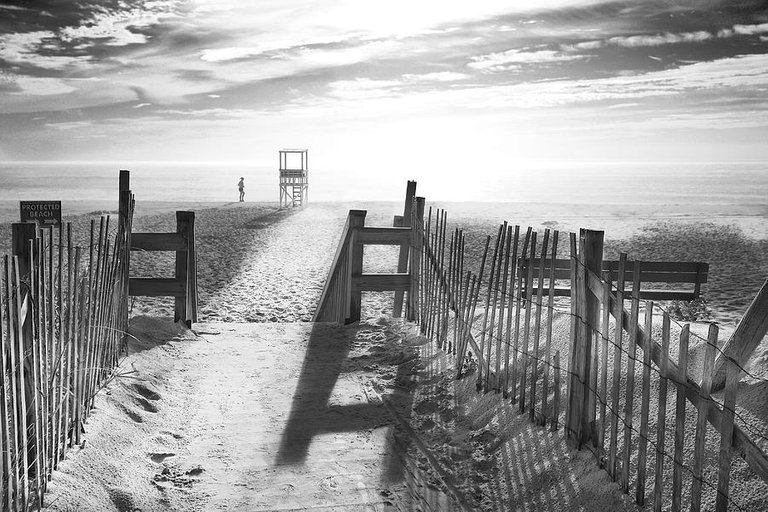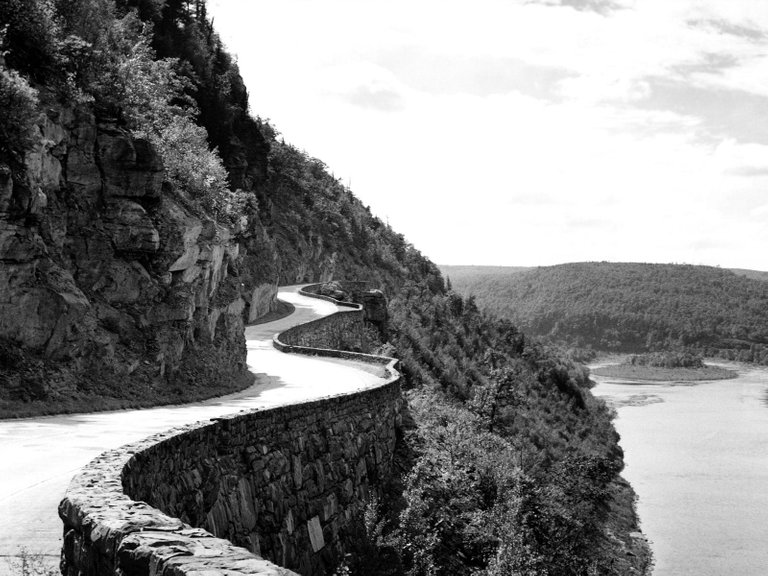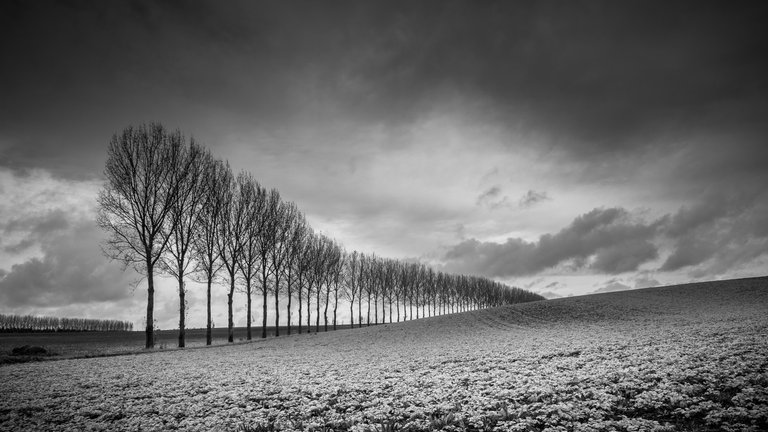
Highly contrasting photography used to be essential method of photography – back in the days when shading film was restrictively costly, and shading film had issues with steadfastly repeating reasonable hues. Keep in mind those old shaded photographs with the washed-out hues? How circumstances are different, in light of the fact that shading photography is currently the default while highly contrasting photography has turned into a specialty.

Shooting in highly contrasting can be an extremely intriguing and advantageous experience. As it were, stripping the shading from a subject can uncover a considerable measure of concealed points of interest and their spirit – in light of the fact that you are attracted to what makes up the subject, without the diversions of hues.
Going into highly contrasting mode doesn't seem like a major ordeal on paper. Most DSLRs enable you to switch into that mode, or you can utilize the numerous photograph editors available to change over your shading photograph into high contrast. Be that as it may, getting the most out of a high contrast photograph isn't just a question of changing a channel or squeezing a catch – it is likewise about how you approach a subject.

A monochromatic world is one where subtle elements, for example, lines and shadows are vital, on the grounds that there are no shading movements and varieties. Numerous shading photographs utilize the interaction of shading and light to give a reference point for the watcher. The movements in hues resemble sign-presents pointing on the most imperative parts of the picture.
Rather, convincing high contrast photographs are made by focusing on lines and shadows. Solid, intense lines work the best in highly contrasting, on the grounds that they can give a picture textural affect. In lieu of shading, the surface of a picture turns into the watcher's reference point.

Another awesome method for making an intriguing picture is utilizing designs. You can feature the adjustments interestingly by utilizing reiteration, and it can be an effective method to play with light and dim. Redundancy can strengthen the interaction of differentiations in a scene – for example, by having a gathering of comparable shapes or lines as the point of convergence of a picture.
Dear friend! Next time also use #artzone and follow @artzone to get an upvote on your quality posts!